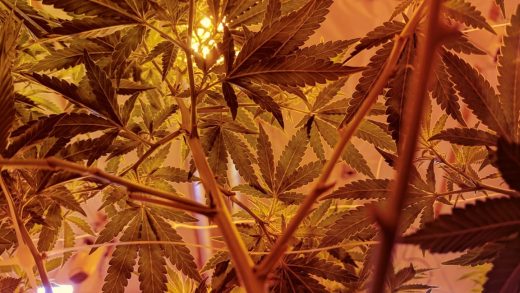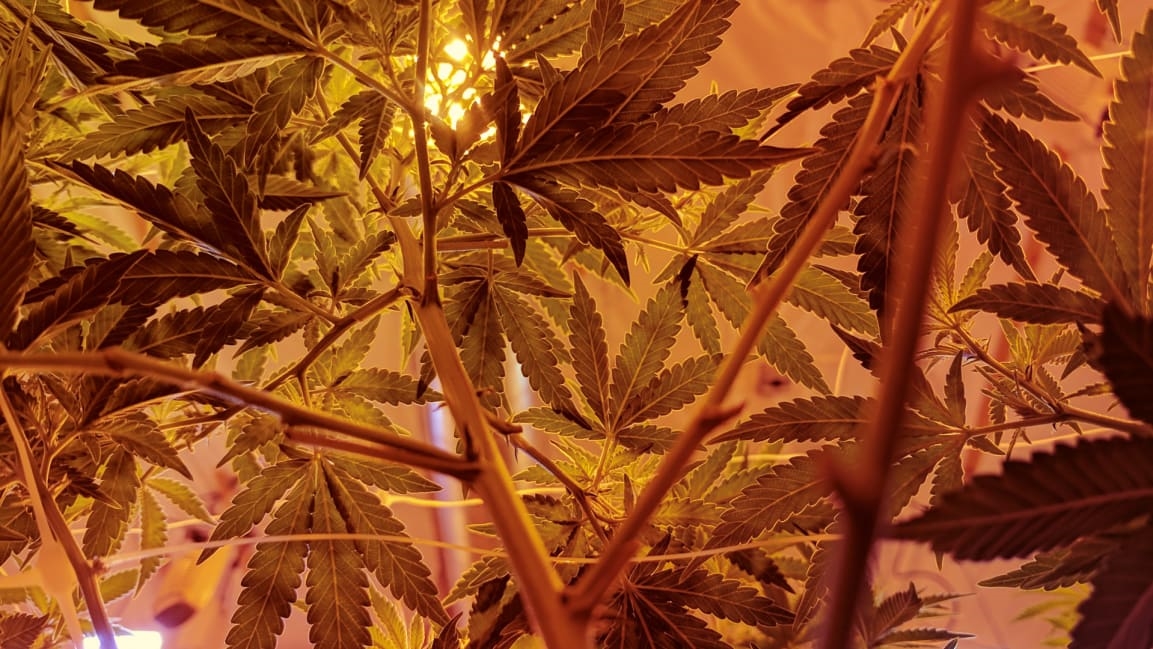If you haven’t noticed, even in states where recreational marijuana hasn’t been legalized yet, cannabis and CBD are everywhere. The newly mainstream CBD is the go-to for wellness products, stepping in as a cure-all for relaxation, sleep loss, anxiety, muscle aches and pains, and more, causing waves in the pharmaceutical and medical industry.
But according to CB Insights’ latest report, CBD and the like aren’t just disrupting your medicine cabinet and refrigerator with CBD-infused drinks and treats. The rise in interest and creation of marijuana-adjacent products are disrupting some of the biggest, most conservative, and staid blue-chip industries around, including banking, energy, agriculture, and even the legal profession.
Here are nine of the many industries being disrupted by the rise of hemp and its related products:
Biodiesel. Turns out hemp can produce nearly four times as much oil per acre as the current favorite source of biodiesel, soybeans. Hemp could soon be the go-to for making diesel fuel from a renewable plant source.
Plastics. Now that the 2018 Farm Bill has legalized the production of industrial hemp, entrepreneurs are figuring out ways to use hemp as an eco-friendly alternative to plastic.
Paper. An acre of industrial hemp produces around four times the amount of paper that one acre of trees does.
Billboard advertising. In states where cannabis is legal, advertising the product is complex, with many states regulating how many signs can be at retail locations. Billboards can skirt the issue.
Construction. One word: Hempcrete.
Textiles. Hemp-based fabrics can stand in for cotton, denim, wool, or your favorite athleisure wear.
Packaging. As more cannabis-related products hit the market, the packaging industry is booming. Per CB Insights, the cannabis packing industry is expected to reach about $5 billion in value by 2026.
The law. As more states legalize marijuana, the intricacies in each state’s laws have buoyed a budding industry: cannabis lawyers.
Banking. Since marijuana is still illegal on the federal level and big banks don’t want to risk getting involved, smaller, local banks and credit unions are bridging the gap, helping legal cannabis companies bank while making bank.



